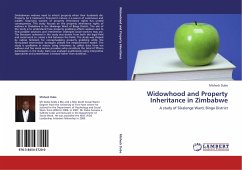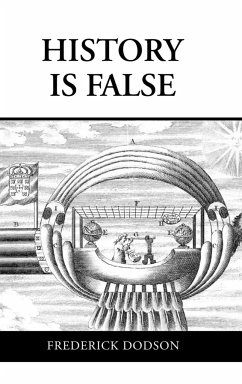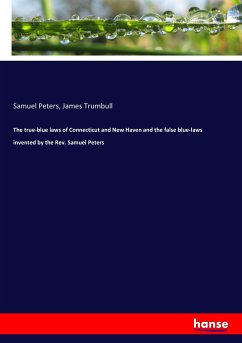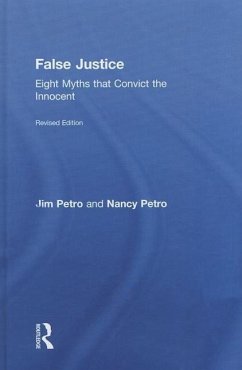
False Inheritance
Versandkostenfrei!
Versandfertig in 1-2 Wochen
171,99 €
inkl. MwSt.
Weitere Ausgaben:

PAYBACK Punkte
86 °P sammeln!
From the co-editor of "Bahrain Through the Ages: The Archaeology" and "Bahrain Through the Ages: The History", this book offers a review of the Arab-Israeli conflict over Palestine.
False Inheritance is a timely and penetrating review of the Arab-Israeli conflict over Palestine by a writer with a special and long-established relationship with the Arab States, particularly the Arabian Peninsula and the Gulf. Against the background of the latest developments in the confrontation between the Palestinians and Israel, but taking into account the viewpoint of the non-Palestinian Arabs, it considers why the presence of the Zionist State in the Middle East is so profound an affront to the Arabs' sense of history and continuity and why its continued existence as an exclusivist Jewish State is a perpetual threat to the stability and peace of the region. Beginning with the antecedents of the present situation, the work analyses the uses to which archaeology has been put to provide a justification for the Israeli occupation of Palestinian lands. In line with developments in contemporary scholarship, it approaches the 'historical' chapters of the Old Testament, on which much of the original Zionist claim to Palestine was based, as essentially mythological and devoid of historical or archaeological substance. Moving on to examine the origins of Zionism in Western Europe and its appeal to Eastern European Jews, it demonstrates that the Jews of Europe had no historic connection with the Middle East and that, in consequence, the Zionists' claim to Palestine is entirely spurious, legally, morally and factually, and also that the United Nations Partition Plan of 1947 was simply a recommendation and did not have the force of law claimed for it. Looking to the future, False Inheritance suggests that, whatever the immediate outcome of the mutual recognition by Israel and the PLO, thesolution to the matter of Palestine may lie in the changing demographic structure of Israel, a consequence of the emergence of the Oriental Jews to a preponderant position in society in Israel. As 'Arab Jews', whose culture and history are wholly different from that of the Ashkenazi migrants, it is possible that they may be more able to come to a permanent settlement with the Muslim and Christian inhabitants of Palestine, once the essential condition of any such agreement as argued by False Inheritance - the de-Zionisation of Israel - has been achieved.













